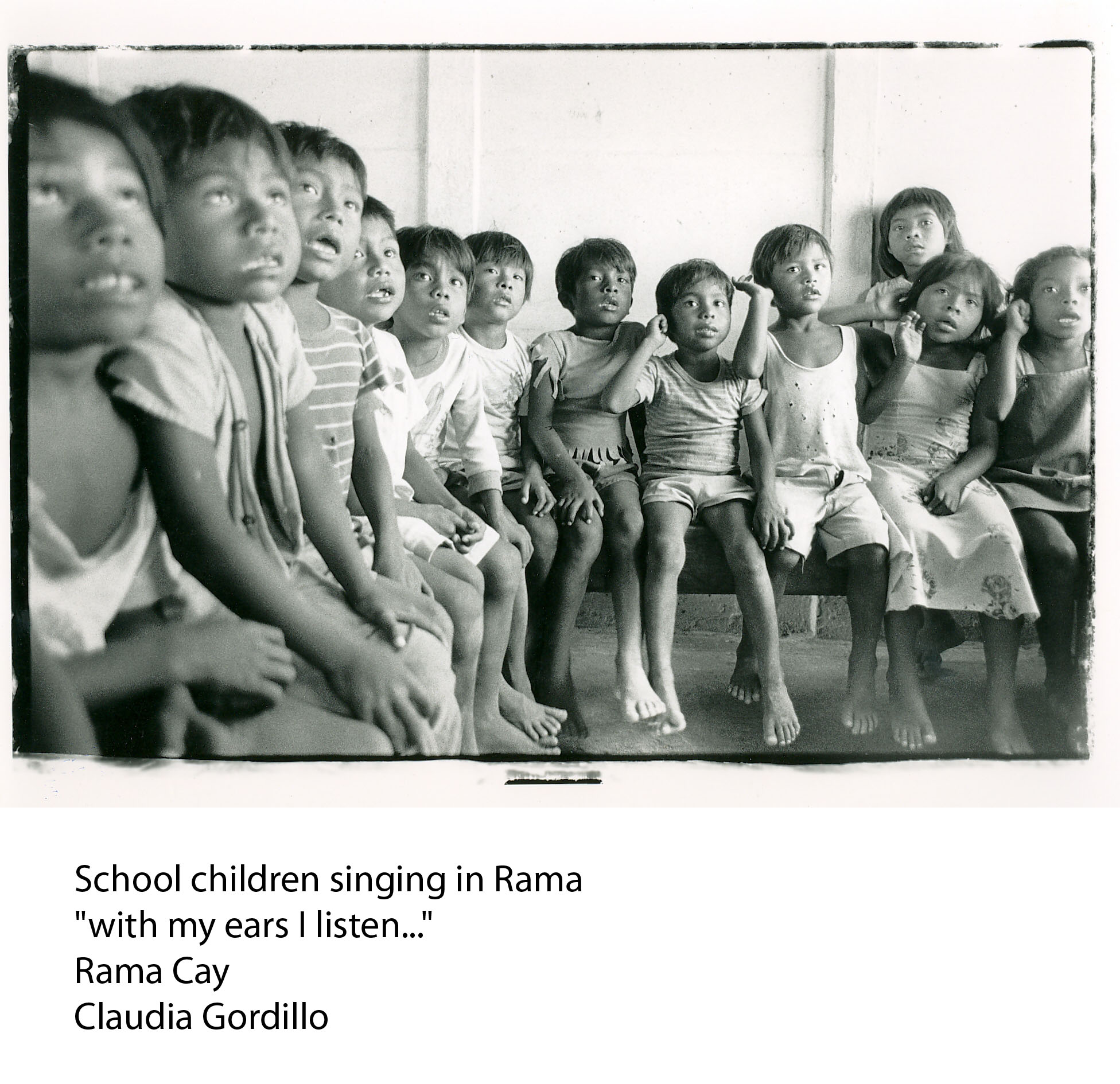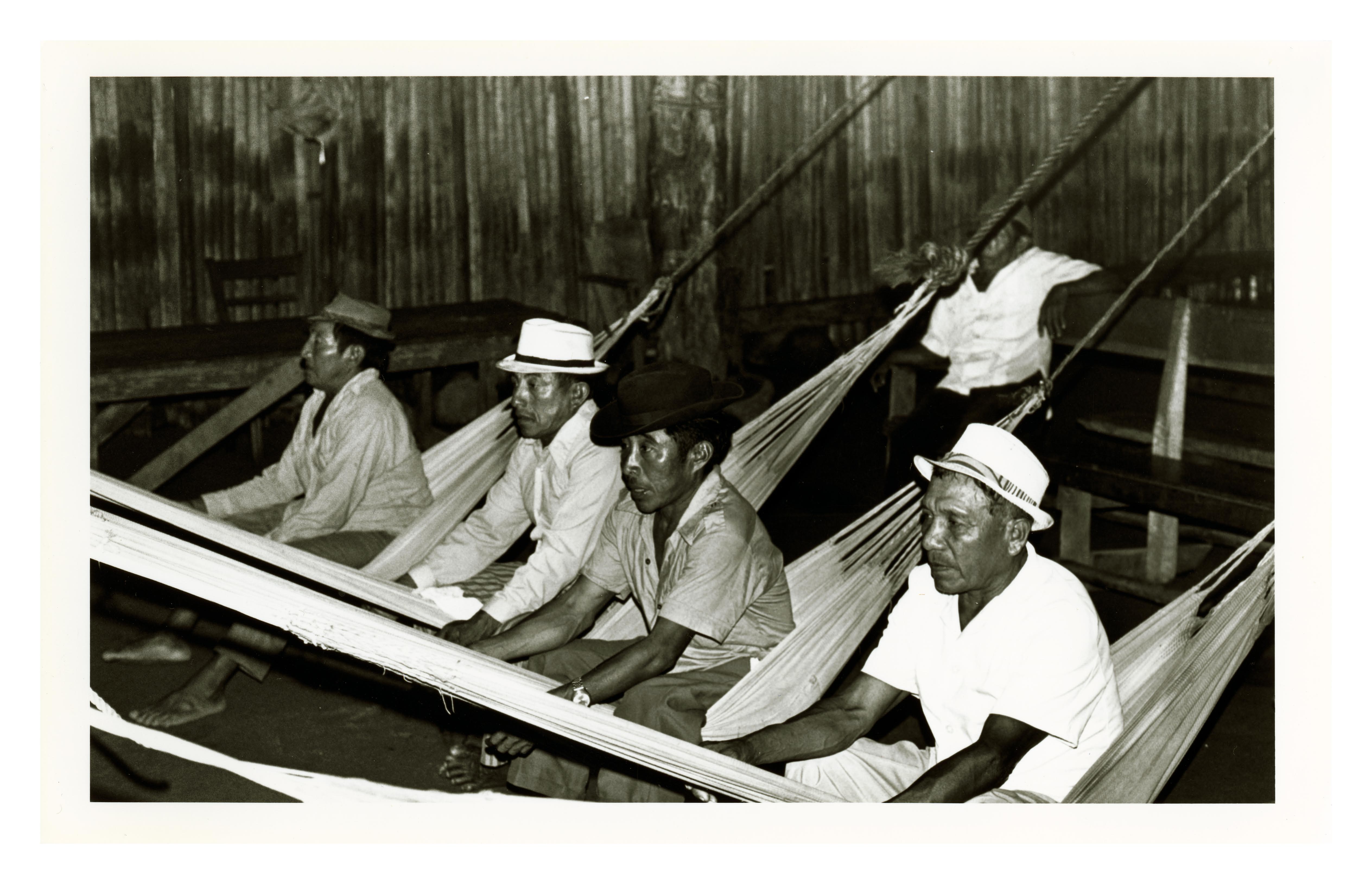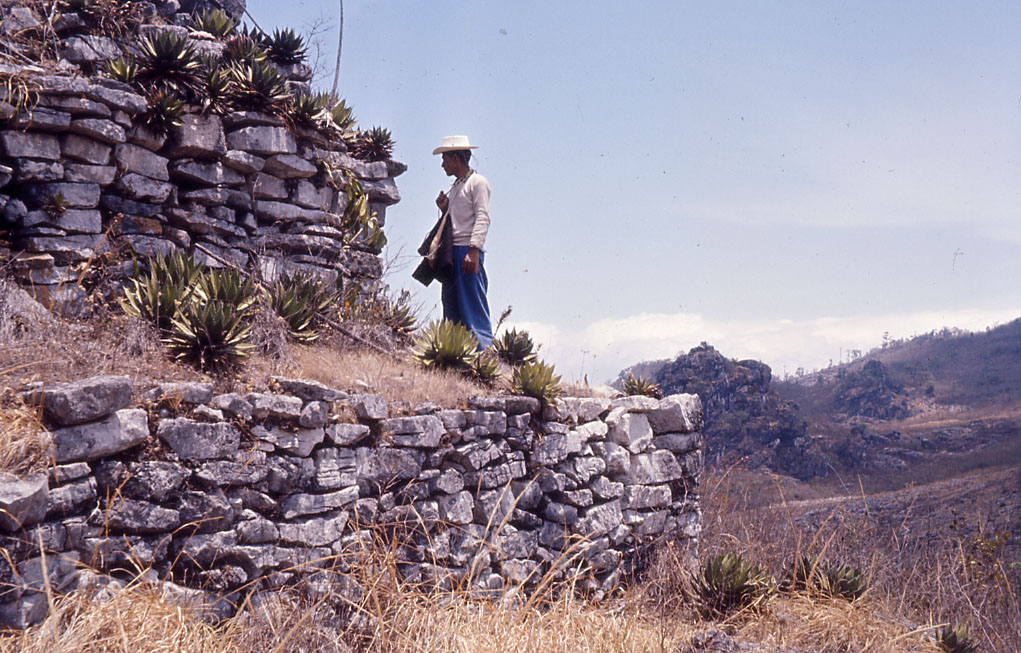Welcome to the Archive of the Indigenous Languages of Latin America (AILLA)
Indigenous Peoples' Day, October 9, 2017, marks the public launch of the newly migrated and updated Archive of the Indigenous Languages of Latin America. AILLA is a digital language archive of recordings, texts, and other multimedia materials in and about the indigenous languages of Latin America. AILLA's mission is to preserve these materials and make them available to Indigenous Peoples, researchers, and other friends of these languages now and for generations to come. The look and feel of this new site has been updated, and some user functionality has been added, including the ability to perform a keyword search across all collections, as well as the ability to stream and view some media files without having to download them first. Access to AILLA and its resources is always free of charge. Most of the resources in the collection are available to the public, but some have special access restrictions.
Important information about using the site:
- You must Register and log in to view, stream, or download any media file.
- If you created your AILLA account prior to July 2015, then your username (but not your password) was migrated to this new repository. You just need to request a new password to reset it.
- If you created your user account between July 2015 and October 9, 2017, then you will need to create a new account.
- If you are a UT-Austin student, faculty or staff member, please do NOT use your UT EID or password for your AILLA user account.
We hope you enjoy exploring the new AILLA. For help, contact AILLA.
 Users: start by browsing the catalog or using the search bar to look for materials, or use the menu on the right to find more information about the archive and the indigenous languages of Latin America.
Users: start by browsing the catalog or using the search bar to look for materials, or use the menu on the right to find more information about the archive and the indigenous languages of Latin America.
 Depositors: If you would like to deposit materials in AILLA, start here.
Depositors: If you would like to deposit materials in AILLA, start here.
The Collection
The heart of the collection is the recordings, both audio and video, in a wide range of genres: narratives, chants, oratory, conversations, songs, and more. Many recordings are transcribed and translated into Spanish, English or Portuguese. The archive also contains a wealth of language documentation materials: grammars, dictionaries, ethnographies, and field notes. The collection includes teaching materials for bilingual education and language revitalization programs. We are committed to serving the Indigenous Peoples of Latin America and the scholars who study their languages. We are always interested in hearing from you. Please contact us if you have any questions, comments, or suggestions.
An interactive Google map showing the approximate locations of Indigenous languages of the Americas found in AILLA is available here.










